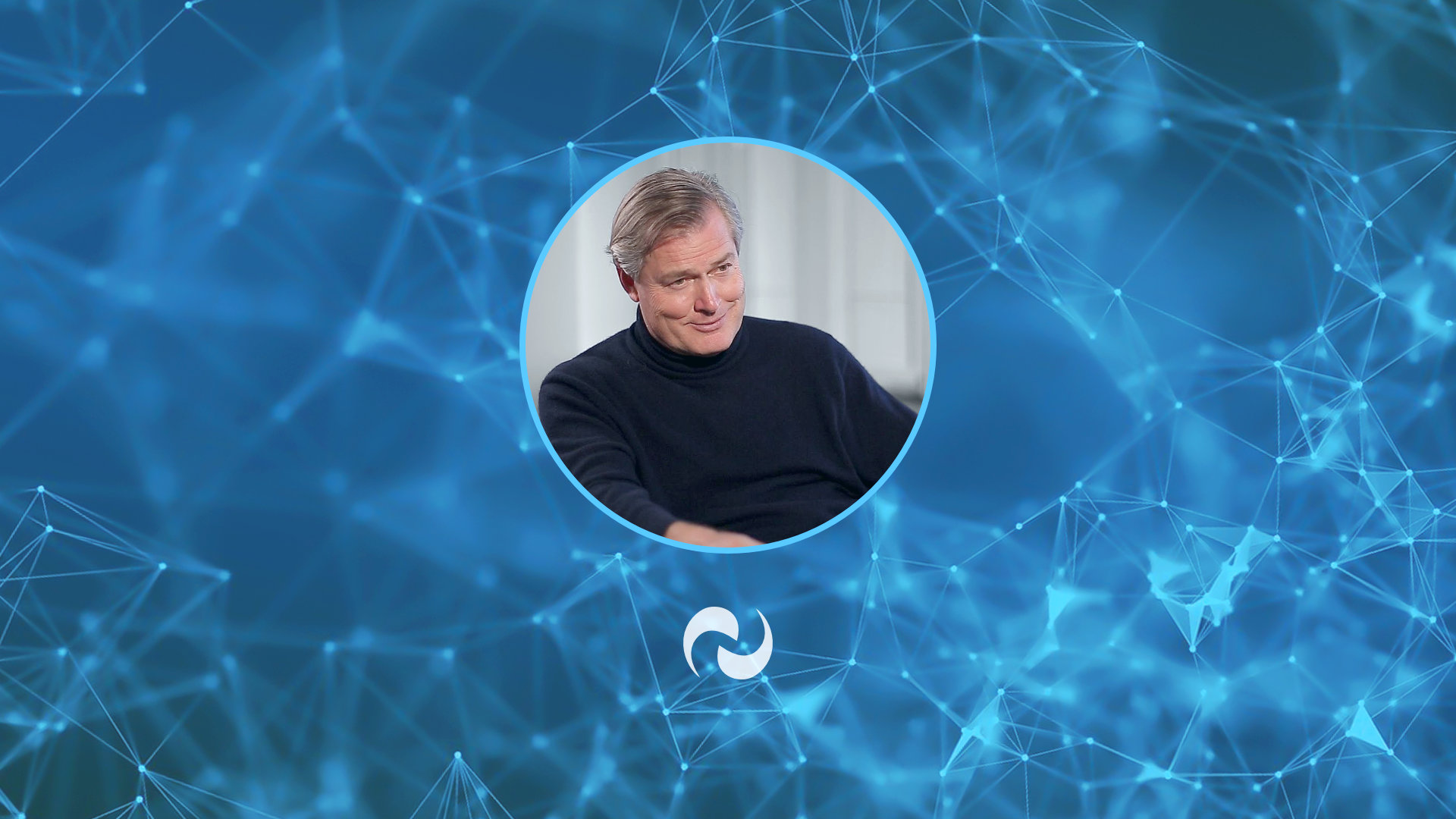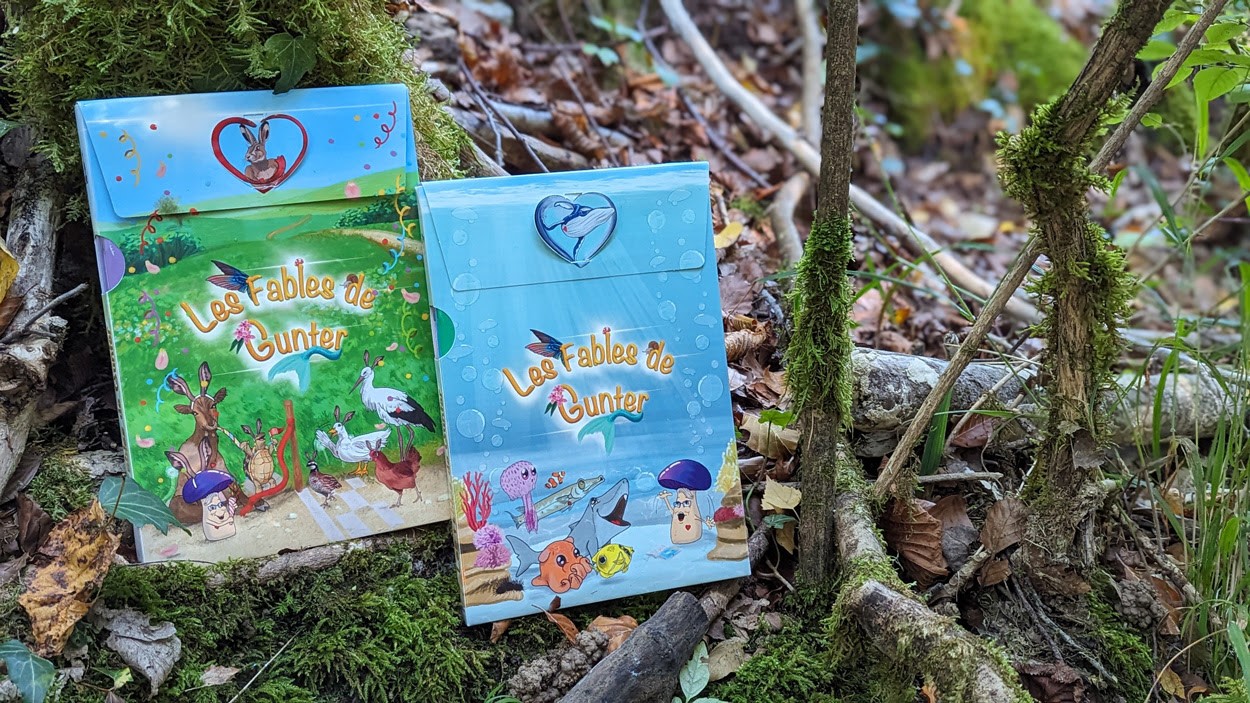Following the strategy of the OSICO Platform, in the interviews, articles, reports and opinion section we try to find some of the most important keys to economic, social, environmental and political development. Among these keys, the circular economy acquires great importance, which is why some of the most relevant figures of this current of thought have been interviewed, which, as we know, has different perspectives, depending on who develops it, although although they usually have as their denominator common the preservation and conservation of nature, the development of renewable sources, the effectiveness of the system, natural capital or respect for the seas and oceans as engines of economic growth, among others.
In the introduction to today’s post, I would first like to remember the interview conducted in 2021 with Professor Gunter Pauli, the highest representative of the blue economy, and then highlight a special facet of this professor, such as his intense informative work aimed at children so that through their fables they work to have a better world.
Interview with Gunter Pauli (Summary)

Indeed, promoted by this Belgian businessman and former Executive Director of Ecover, the Blue Economy is an open source movement that brings together a series of practical cases initially compiled in a report of the same name delivered to the Club of Rome. As the official manifesto says, “using the resources available in cascade systems, […] waste from a product becomes the input to create a new cash flow.”
Based on 21 founding principles, the Blue Economy insists on solutions that are determined by their local environment and physical and ecological characteristics. The report, which also serves as the movement’s manifesto, describes the “100 innovations that can create 100 million jobs in the next ten years” and offers many examples of winning collaborative projects, another original feature of this approach’s intention to promote its practical approach. Gunter Pauli proposes copying nature to achieve greater efficiency. According to this author, “consumers will be able to recover their ability to decide what they want and change the current global mode of production, which generates large amounts of garbage, unemployment and failed governments.”
It is, therefore, about defining a holistic and integrated concept that, under a business approach, imitates nature in its behavior. It also tries to make efficiency in the production of goods and services an inestimable value, at the same time not to mortgage future generations. All of this is reflected in his book “Blue Economy”, where he seeks a change in the way we have to behave with the environment, agriculture, waste, to make our planet a more sustainable place.
Interview available in Spanish language.
Once this introduction has been made, remembering Gunter’s interview, I would like to highlight a facet of this author that I believe is essential to be able to analyze, understand and, above all, educate future generations in this way of thinking that is capable of breaking some dynamics of action. related to our current economic, environmental and political development. I am referring specifically to civil empowerment and above all to the education of children to promote a process of change towards other types of values in our economy and in our society.
Empowerment of civil society:
We have to realize and be aware that future generations do not have to pay the consequences of bad practices and erroneous behaviors carried out by Governance and citizens, which is leading us to nothing more or less than our own destruction as a civilization. without us being able to raise our voices with determination and effectiveness to redirect the situation around the world. Future generations must play a key role in strengthening civil society so that we can have a more intelligent, humane and supportive world than we have today.
The devastating effects that are occurring throughout the planet, whether as a consequence of environmental, ecological, energy… and global security challenges, make it necessary to empower civil society as a mechanism to curb the powers of States around the world.
Civil society can be understood as the “third sector” of society, distinct from government and business, and including the family and the private sphere, as a space of organized social life that is voluntary and independent, autonomous from the State and limited by a legal order or rules.
In this direction I would like to highlight the magnificent work in educational matters carried out by Gunter through his Fables aimed at children so that they become aware of the importance it has, as the teacher says, to “understand ecology from a new angle.” , to make good use of existing resources and become actors of change in their own environment”.
The Fables of Gunter Pauli

This is a story that you are going to like a lot. When Gunter began writing the fables 33 years ago, he had one wish: “to offer your children many surprises and inspire them to become entrepreneurs for the common good.” With these words Professor Gunter presents his fables aimed at children: “As parents, we often ask ourselves this question: What world are we going to leave for our children and grandchildren? And the answer can sometimes seem quite depressing. This father of 6 children, former director of the Ecover company, fought for a “greener” economy to land on a philosophy of a blue economy.
In 2021, Gunter received the Goi Peace Prize (Japanese equivalent of the Nobel Peace Prize), in recognition of his pioneering work in developing sustainable design and innovative business models that promote the well-being of all in harmony with environment.
His message is clear and powerful: “We have everything around us. We just need to learn from nature to transform our economy into an economy of abundance. For that, he asks us to stop declaring the end of the world and start again.” For which it also says how to do it: “children are a powerful force for change in our society. When they are excited about a topic, parents should not only listen to them, but also follow them! It is our responsibility to lead them to discover the greatness of nature, the creative spirit that is in them, their intelligence, their emotions, as well as their ability to dream and act.
Gunter’s fables offer many concrete solutions to change the world.
That’s why he says that “inspiring children by working with fables is changing the world with an immediate impact.” He has a collection of 365 bilingual fables, supported by the United Nations Development Program (UNDP), which is a transformative tool for the lives of thousands of children that is present in more than 795,000 schools around the world.
Here is an educational brochure that serves as a step-by-step guide.
Publications
- Know what I am doing, bringing the latest technologies to market www.porrima.eu
- My latest book Morocco’s Model available for free
- Get Gunter’s Fables
- Download for free my book 100 Questions on 100 Pages
- Download for free my book PLAN A – for Argentina (there is no Plan B)
Thank you very much Mr. Gunter Pauli for his contribution to creating a better world.
